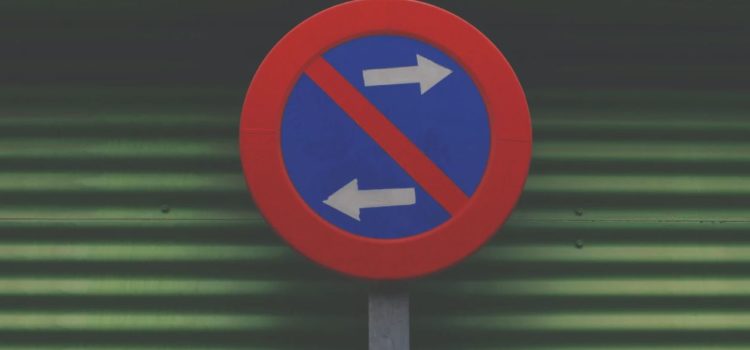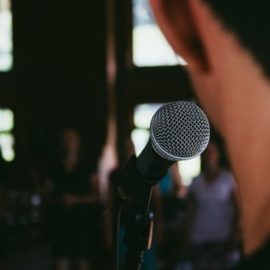

This article is an excerpt from the Shortform summary of "Permanent Record" by Edward Snowden. Shortform has the world's best summaries of books you should be reading.
Like this article? Sign up for a free trial here .
What is the Snowden effect? What were the consequences of whistleblowing? How did cybersecurity change because of the Snowden effect?
The Snowden effect is the impact of Snowden’s leak on cybersecurity and society. Because of the leak by Snowden, consequences included more discussion, litigation, and legislation.
Read more about the Snowden effect on cybersecurity and the work that remains to be done.
The Snowden Effect
In Permanent Record by Edward Snowden, consequences of the leak include:
- National conversations about surveillance. The US president and attorney general admitted that talking about mass surveillance publically was important. Once they were told by Snowden, consequences included discussions. In other words, now that people knew about the surveillance, they could have an opinion on it.
- Investigation of the NSA. The Snowden effect included Congress launching investigations into the NSA and discovered that the NSA had lied about their work.
- Court cases, notably the 2015 American Civil Liberties Union’s challenge to the NSA about collecting phone records. The federal court of appeals ruled that the program was likely unconstitutional and had violated the Patriot Act. This case also set the precedent that US citizens could challenge the government about mass surveillance.
- Redefinition of “relevant.” The Patriot Act allows the NSA to collect data that might be “relevant” to terrorism or foreign intelligence. The NSA justified mass surveillance by defining “relevant” to mean anything that might, at some unknown point in the future, be relevant. The federal court of appeals ruled that this definition was inappropriate. This decision may be used as precedent in future cases related to mass surveillance.
- Passing of the USA Freedom Act. One of this act’s sections explicitly forbids any bulk collection of US citizen’s phone records. If the government wants access to phone records, they have to get a warrant for specific records.
- Increased encryption. The NSA’s methods damaged the basic security of the Internet; as a result, medical and financial records were more vulnerable. Businesses that people trusted to keep their data safe responded.
- Apple put default encryption on iPads and iPhones. Google did the same for Chromebooks and Android.
- Business switched from http to the more secure https for their websites. The S stands for “secure,” and https helps stop third parties from intercepting website requests.
- More encrypted apps and tools have been developed, such as Signal, an encrypted text and call app, and SecureDrop, which allows people to anonymously share whistleblowing documents with journalists.
- By 2016, more than half the traffic on the Internet was encrypted.
- International citizen outrage. US mass surveillance affected people all over the world, and the angriest populations were those of countries that had cooperated with the US. People wanted the right to privacy. The Snowden effect included discontent.
- EU whistleblower and privacy protections, notably the General Data Protection Regulation. This regulation states that data is owned by the person it’s about, rather than the person who collected it. If people own their data, it’s easier to protect it as a civil liberty.
Continued Need for Opposition
For Snowden, consequences so far aren’t enough. The author’s goal was to tell everyone about mass surveillance, but just being aware of it isn’t enough. Data is global—it travels and is stored all over the world, and data-protection laws only apply in the countries that make them. Opposition to mass surveillance needs to be on a global scale. The Snowden effect can continue to ripple and result in more change.
Additionally, the law is slow and technology is fast. The law is never going to move quickly enough to keep up with technological advancements, so we need to find ways to protect our data ourselves, such as using encryption.

———End of Preview———
Like what you just read? Read the rest of the world's best summary of Edward Snowden's "Permanent Record" at Shortform .
Here's what you'll find in our full Permanent Record summary :
- What Ed Snowden discovered that caused him to completely lose faith in the government
- How Snowden led the bombshell reports of US mass surveillance
- How Snowden is coping with his treatment as both patriot and traitor






